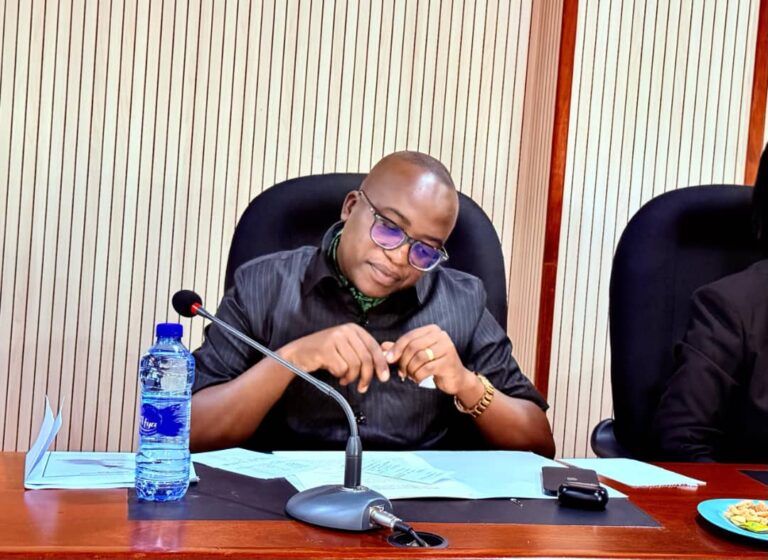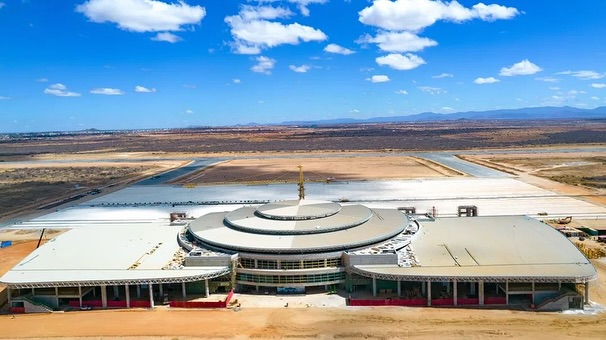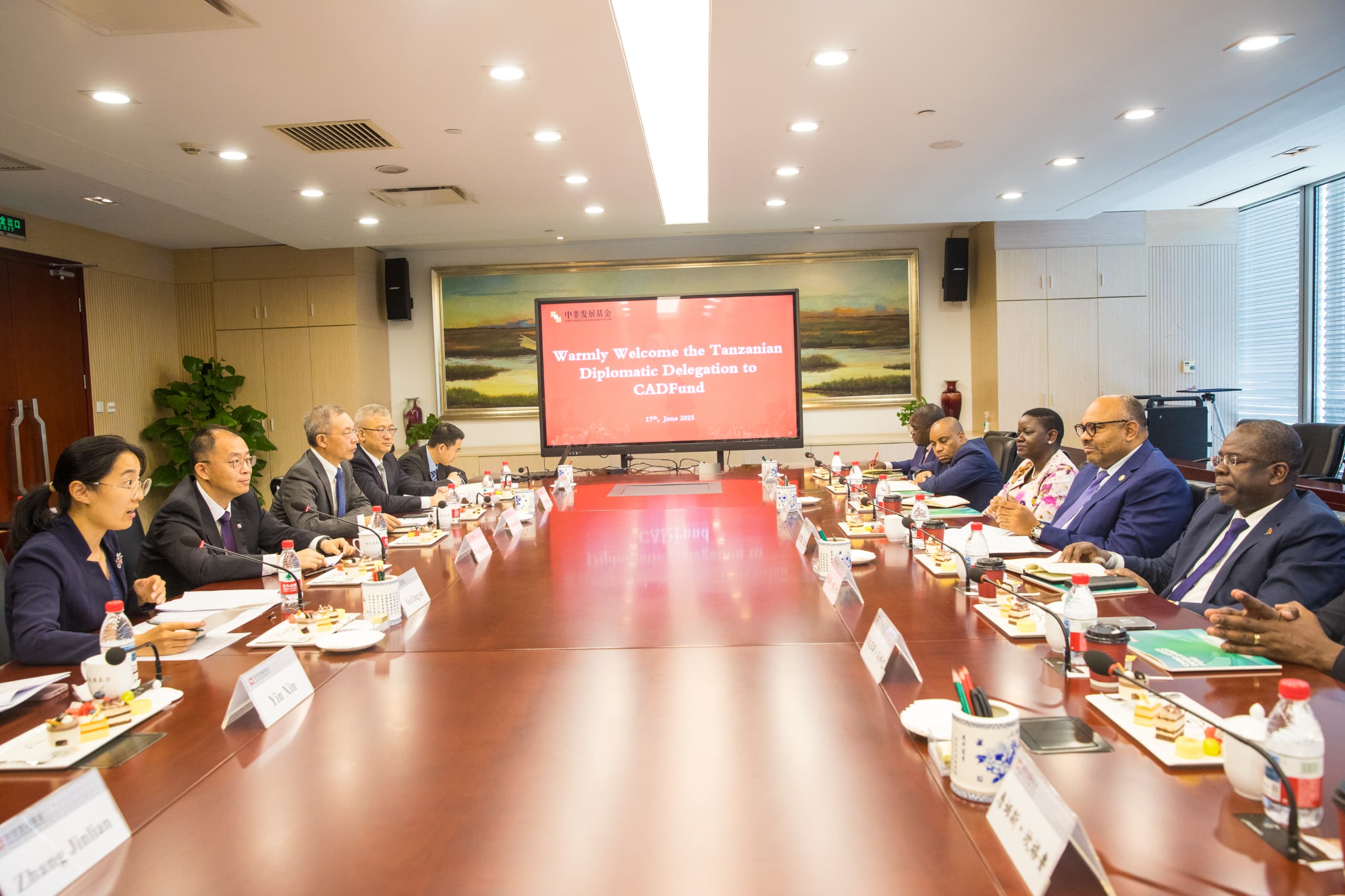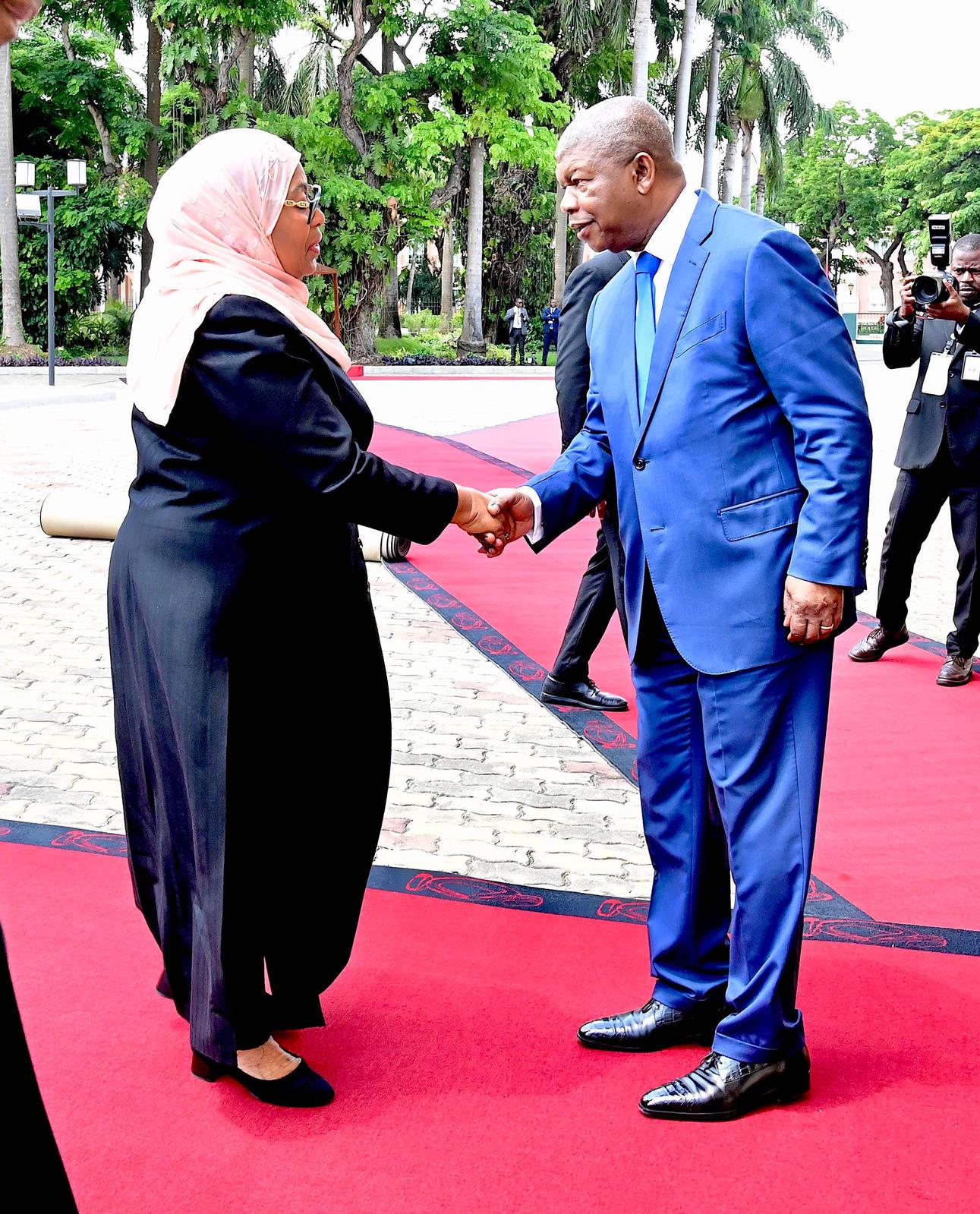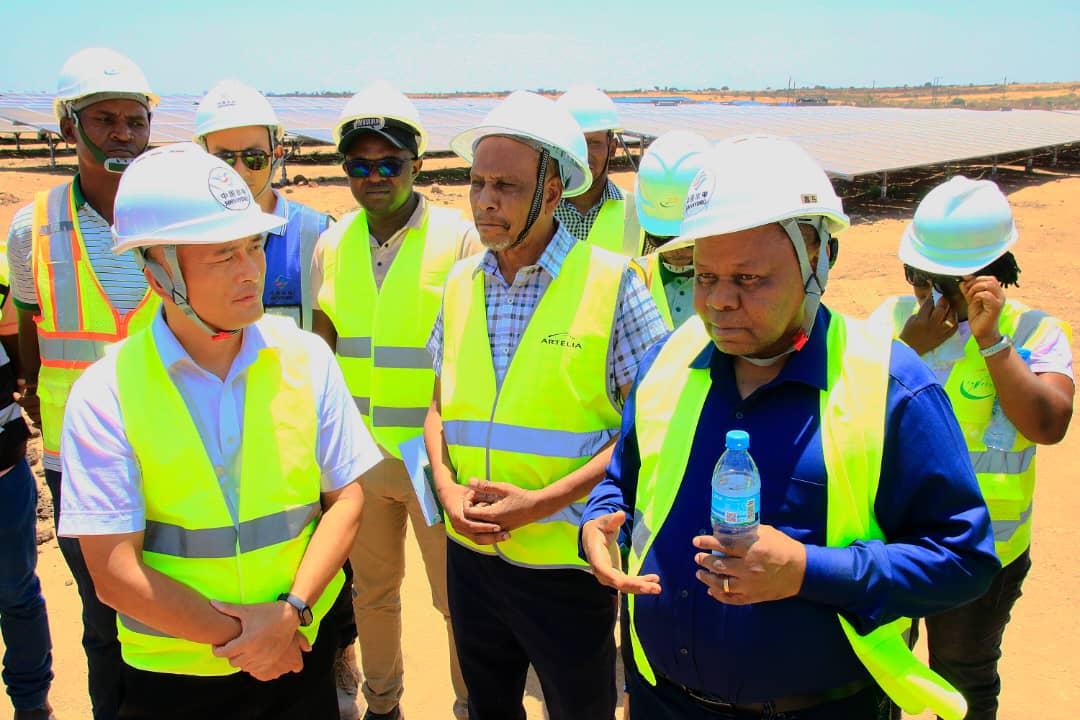Dodoma. The government has signaled a renewed push to strengthen governance and performance in the mining sector, with the Minister for Minerals, Mr Anthony Mavunde, issuing five strategic directives to the Tanzania Mining Commission.
Speaking at the opening of the Commission’s management meeting in Dodoma, Mr Mavunde outlined five priority areas: enforcing the Mining Act, encouraging innovation among officers, boosting domestic revenue collection, resolving disputes justly, and deepening the participation of Tanzanians in mining ventures.
The directives, issued on Wednesday, April 30, 2025, reflect a broader effort to professionalize the sector, tighten oversight, and align mining operations more closely with national development goals.
While straightforward in content, the directives signal growing urgency within government to not only strengthen compliance but also extract greater financial, social, and economic value from a sector now contributing 10.1 percent to Tanzania’s GDP.
“If you set the law aside, you will disrupt the sector. Wisdom is sometimes needed, but the law must come first,” the Minister cautioned, emphasizing legal integrity as the non-negotiable foundation of all sector activities.
His statement underscores a wider concern over inconsistent enforcement at regional levels, which in the past has allowed legal loopholes and informal practices to persist.
Beyond legal compliance, the Minister challenged officers to abandon the “business-as-usual” mindset that has long defined many public institutions.
With 101 new vehicles and 140 motorcycles now at their disposal—part of a significant logistical upgrade funded by the central government—officers were urged to think creatively and tailor solutions to local contexts.
This is a clear signal that the government is pairing performance expectations with resource support, a strategy increasingly evident across other ministries as well.
In terms of revenue performance, the Commission has already reached 86.53 percent of its target for the 2024/25 fiscal year, having collected over Sh862 billion.
While the achievement was acknowledged, the Minister pushed for continued momentum, warning that increased collections must not come at the expense of fairness or sectoral stability.
His remarks suggest a balancing act: the need to secure national revenue while avoiding heavy-handed enforcement that could deter investment or worsen relations with small-scale operators.
The emphasis on justice in conflict resolution was another notable element.
Mr Mavunde credited recent sectoral calm to improved handling of disputes, and called for this trend to be sustained through legal education and more transparent engagement with stakeholders.
In a sector often prone to land disputes and tension between artisanal miners and investors, this approach could prove critical in maintaining the current sense of order.
Equally significant was the call to empower Tanzanians to play a larger role in mining—both at small and industrial scales.
A new committee has been formed to support local capacity-building, a move likely designed to address concerns over foreign dominance in mineral extraction and to ensure that the benefits of resource wealth are more evenly distributed.
“When locals become large-scale miners, the country benefits through jobs, revenue, and higher demand for local goods and services,” Mr Mavunde noted.
That comment echoes broader economic strategies championed by President Samia Suluhu Hassan, which focus on expanding domestic value chains and reducing reliance on imported capital and expertise.
This broader economic vision aligns with the Minister’s call for local empowerment within the mining sector, but he also adopted a firmer tone when addressing non-performing license holders.
He warned that those who fail to develop their mining areas would face legal consequences, including the possible revocation of their licenses.
This shift in approach signals a tougher stance on speculation and idle licenses—a persistent issue that has hampered sector efficiency and locked up potentially productive land.
The Mining Commission’s Commissioner, Ms Theonestina Mwasha, expressed confidence that the full revenue target of Sh1 trillion would be met by June 30, suggesting that the Commission’s internal reforms and enforcement efforts are beginning to yield tangible fiscal results.
However, the challenge remains in how effectively these directives will be executed across the country’s diverse mining regions.
The real test lies in whether regional officers can translate these policies into practical actions—without sacrificing fairness, innovation, or investor confidence.
For his part, the Permanent Secretary of the Ministry of Minerals, Mr Yahya Samamba, speaking at the meeting, urged the leaders of the Mining Commission to continue strengthening unity and collaboration so that the mining sector can continue to make a significant contribution to the nation’s GDP.
In addition to internal efforts, Tanzania’s mining reforms are beginning to attract regional attention.
Kenya’s Cabinet Secretary for Mining and Blue Economy, Mr Ali Hassan Joho, has expressed interest in studying Tanzania’s regulatory model, a positive endorsement that further positions Tanzania as a leader in East Africa’s mining sector.

